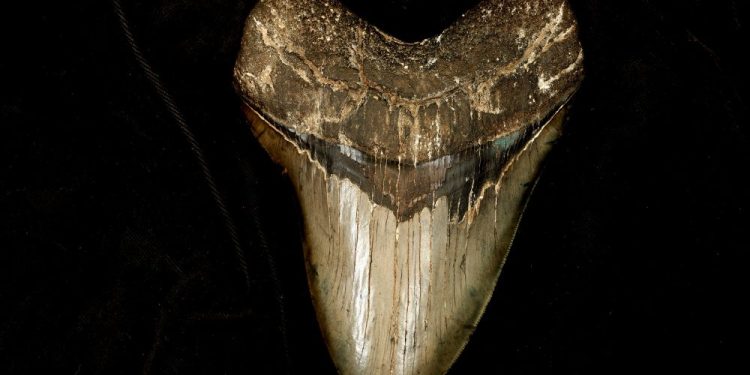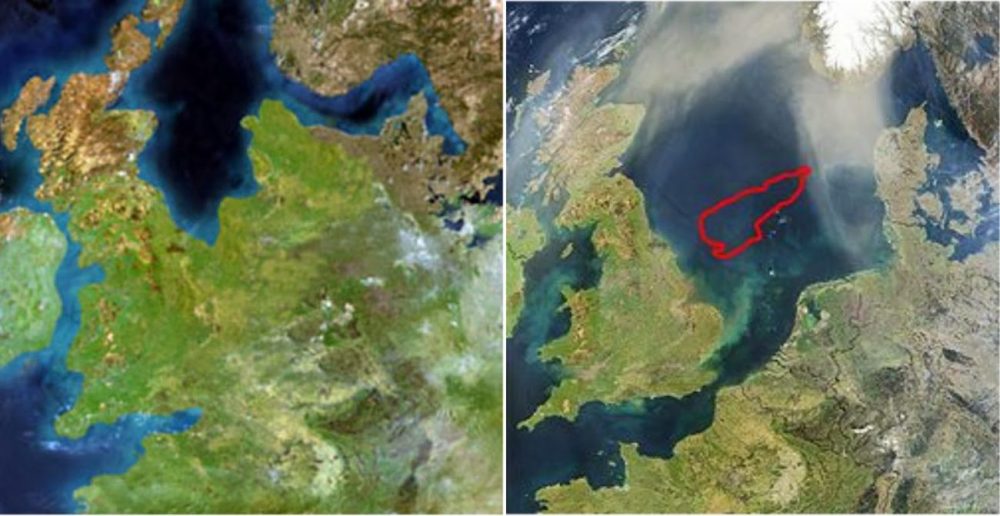In an unexpected turn of events, paleontologists stumbled upon a completely fossilized shark in Kansas, dating back 91 million years, when dinosaurs dominated the land. Uncovered entirely by chance, the remarkable find identified an entirely new prehistoric shark species, Cretodus Houghtonorum. The creature, believed to have grown up to 17 feet, was discovered near Tipton, in an area that was once the Western Interior Seaway during the Late Cretaceous period.
Serendipitous Find on a Routine Excursion
Mike Everhart, a paleontologist at Fort Hays State University and the new study’s author, shared his surprise with Newsweek. “We were at the site collecting plesiosaur bone fragments,” he explained. “Fred Smith, one of our party, was exploring further up the hillside. He returned with a large concretion, suspecting it to be a fossilized tree limb, unaware it was shark vertebrae.” The inclement weather delayed the collection of the remaining shark remains, marking a pause in this unexpected discovery.
Unveiling the Skeleton of a Colossal Shark
Everhart contacted Kenshu Shimada, a DePaul University professor in Chicago, to compare findings. The continued excavation unveiled a massive, albeit incomplete, skeleton preserved in the ancient ocean sediments. The discovery highlights the Western Interior Seaway’s existence, which divided North America into two significant landmasses approximately 91 million years ago. Despite possessing only a partial skeleton, experts hypothesize the shark to be larger than modern-day white sharks.
The Giant That Could Have Been:
Delving into the size of the prehistoric Shark, experts hint at the possibility of the creature growing more than 22 feet based on their models. The excavation unearthed 134 shark teeth, 61 vertebrae, 23 scales, and numerous fragments of calcified cartilage. “The partial skeleton offers significant insights into the extinct shark’s biology, enabling us to reconstruct its dental pattern,” Shimada said. The prehistoric shark belongs to the Lamniformes genus, which includes familiar species like the great white and sand tiger sharks.
Have something to add? Visit Curiosmos on Facebook. Join the discussion in our mobile Telegram group











